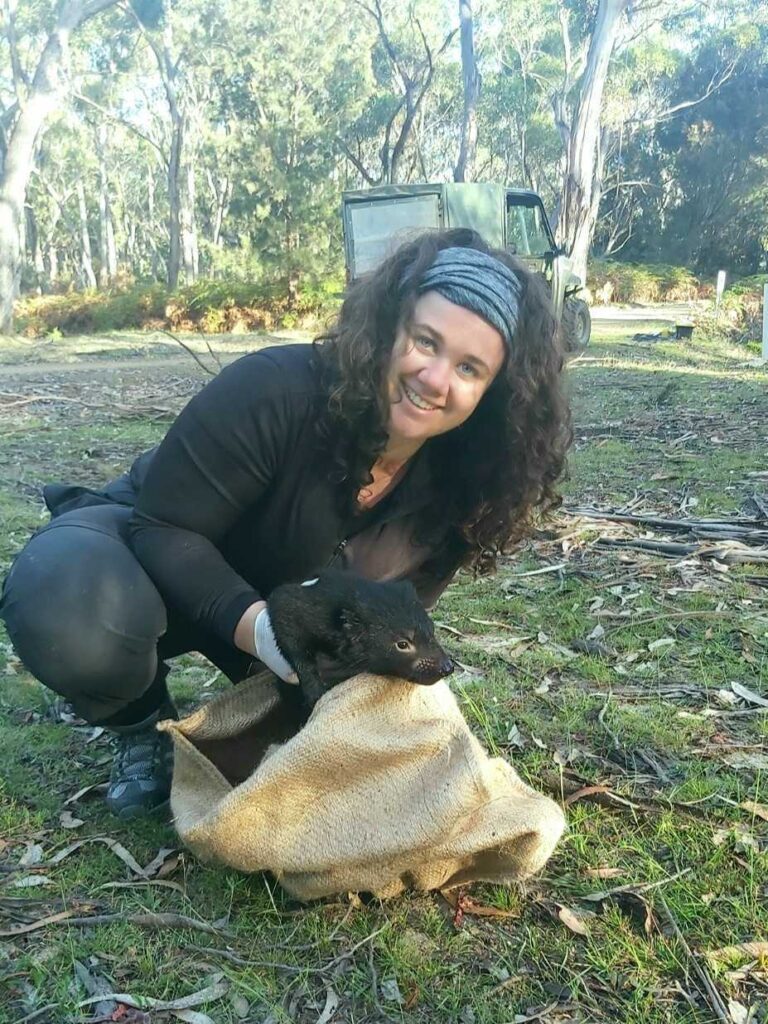by Andrea Schraven (PhD Student)
I began my PhD in July 2021, and in May 2022 I sat down with my panel to confirm my candidature. Although I found the lead up to my confirmation unnecessarily daunting, I am glad I have ticked this major milestone off. Now fully immersed into my research project, I want to share a couple of the big lessons I’ve learnt over the past year.
Read. I came in with no prior knowledge of population genetics, which is an integral part of my project. So having the first four months stuck at home in a COVID lockdown had some perks, it allowed me to buckle down and start reading. I read everything, from theoretical concepts to current literature, I stalked experts in the field on google scholar and sought out the publications of my other lab members (a MUST DO when starting in a new lab), and within a month I had filled an entire notebook. Reading the current literature is a constant practise and I have slowly learnt to be more systematic about it to save time, this is important as other tasks continuously pile up.
Record everything. I like to draw out my ideas and process them on paper, leaving the more stringent writing for my laptop. But whether you prefer the “old school” way of pen and paper or use only the computer, get it down. When I got further along with my research, I found the most essential part of developing my project (with reminders from my supervisors), was not the writing up of the experimental design, codes, or analyses I was using but recording the decisions I was making along the way. This has saved me so much headache in the long run, especially when I’m asked why I chose to go in a certain direction.
Sometimes doing nothing at all is progress. One of the best pieces of advice my supervisors gave me early on was to take what I have learnt from my readings and with the broad objectives of my project go and sit quietly to think. I started to implement this by stepping away from computer, and with just my pen and paper I’d spend hours thinking of how I could apply these grand concepts to my project. Sometimes the better half of a day would go by with the feeling that I hadn’t accomplished anything. This is when I’d take whatever ideas I had back to my supervisors to discuss and flesh out actionable steps, and sometimes those ideas never panned out or weren’t feasible, whereas others really caught on and I am currently implementing them.
Admin chores. Finally, those pesky administrative tasks and online modules that everyone hates doing, rip the band aid off from the beginning and get them over and done with.
Author:

Andrea Schraven (PhD Student; co-supervised with Dr Catherine Grueber) is projecting the long-term impacts of supplementation to improve the status of wild Tasmanian devil populations with the ongoing threat of DFTD. By evaluating population genetic and fitness data before and after translocations, she is comparing how populations change over a few generations, and then feeding the data into computational models to simulate “evolutionary time”. The results will directly inform conservation management decisions for the species long-term recovery.
